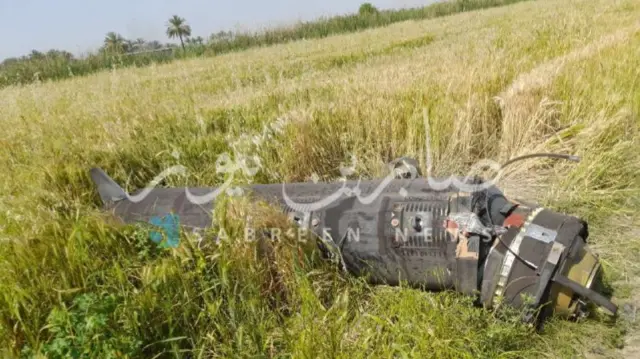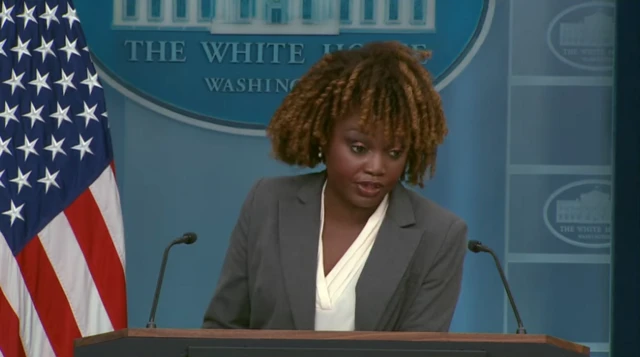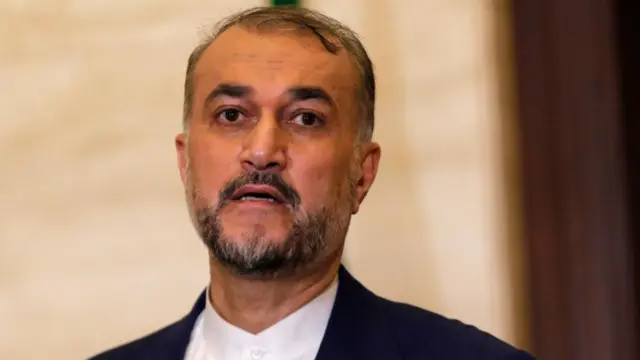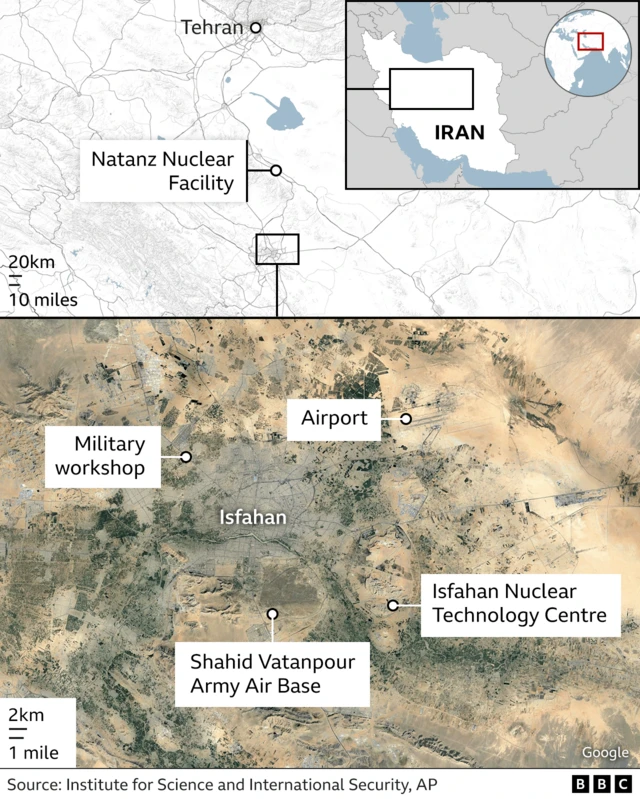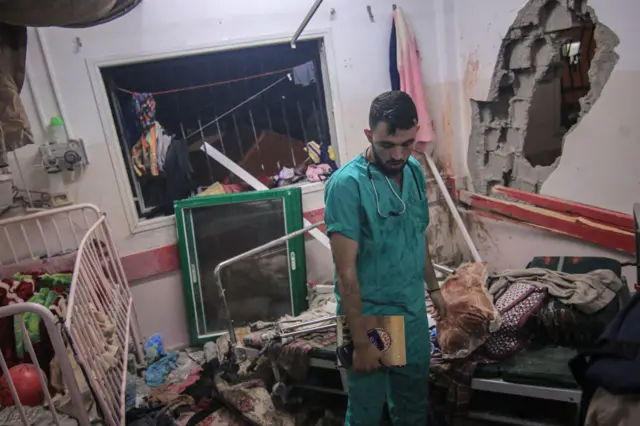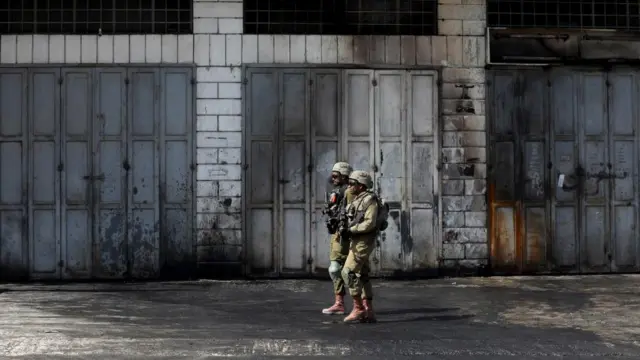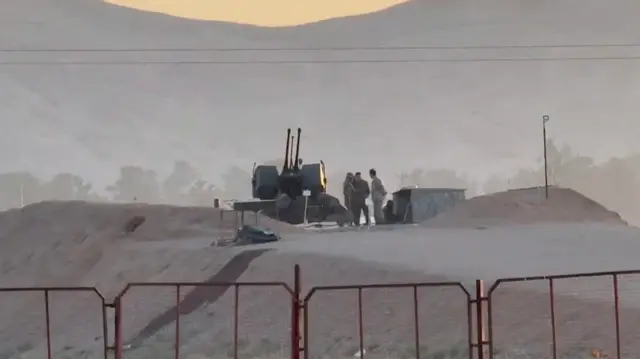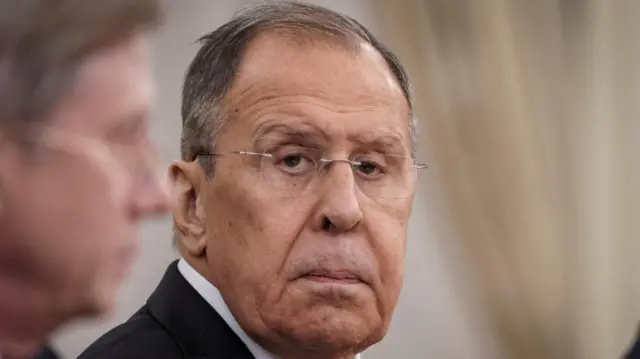
A warning salvo into the beating heart of Iranpublished at 21:10 BST 19 April 2024
 Lyse Doucet
Lyse Doucet
Chief international correspondent
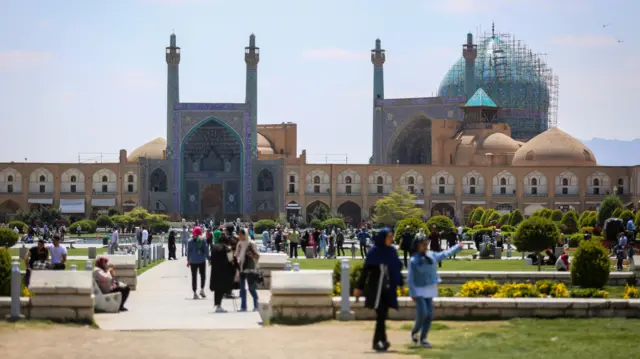 Image source, Reuters
Image source, ReutersNaqsh-e Jahan Square today, in Isfahan Province
For now, there’s a sigh of relief, a pause.
Israel’s limited strike, not officially acknowledged, has given space to Tehran. In this grey area, its leaders are casting it as a slap so weak it’s not even clear who did it. They don’t lose face after days of declarations vowing that even the tiniest Israeli invasion would provoke an immediate and harsh response.
Many had predicted Israel would wait until after Passover to retaliate. It appears to have decided it needed to hit sooner, to send a clear signal, just before the holiday starts. It may still strike again, in a different place, with different force, when this period ends.
But as my colleague Jeremy Bowen writes, this crisis really illustrates how badly Iran and Israel understand each other.
This may have been just a warning salvo into the beating heart of Iran, the province of Isfahan with its stunning Islamic architecture but also a nuclear facility, a major air base, the industrial heartland including drone and ballistic missile factories.
This round may be over, for now, but the seething hostility between two regional rivals is not.
